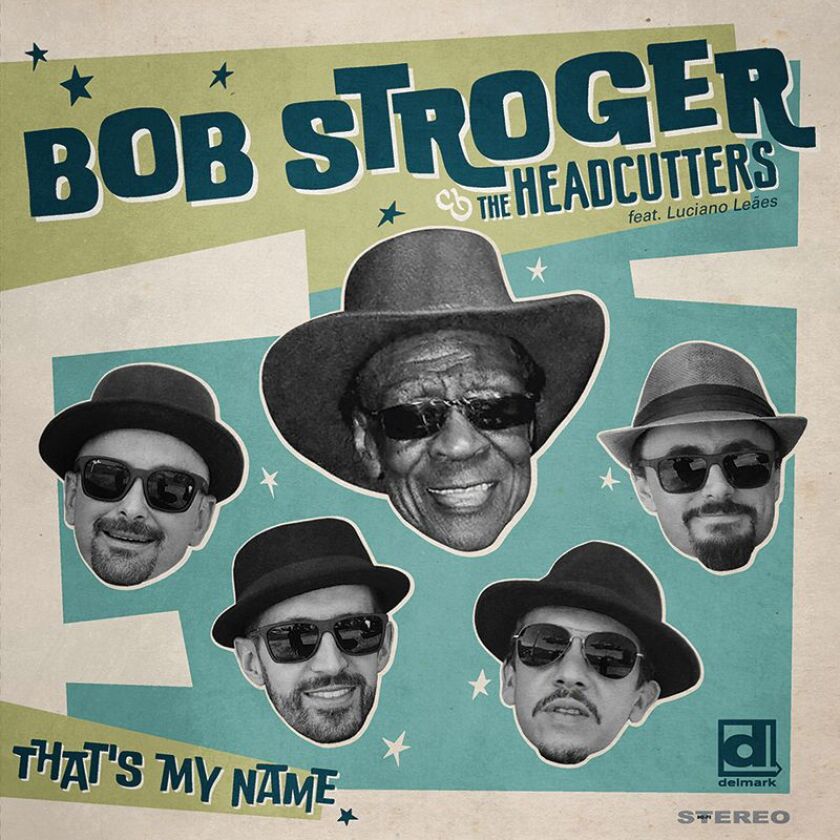Award-winning blues singer, songwriter and bass player Bob Stroger has been performing the blues for as long as he’s lived in Chicago.
Having lived and performed through some of the most turbulent, transformative eras Black musicians have endured, the 91-year-old musician says the COVID-19 pandemic “was a trip” unlike anything he’s ever experienced.
“It’s been really hard on me,” says Stroger, who came out with a new album “That’s My Name” (Delmark Records) in February and is gearing up to perform at festivals this summer. “I’ve been so used to playing all these years, and running into something like this, it really took the life out of me.”
When the pandemic began in early 2020, Stroger found himself “stranded” in Switzerland while there for a show at a time airports and businesses were locking down.
He remained there for nearly three months, living with a friend and performing until flights began again.
As he returned home to Chicago, where he has lived since moving at 16 from his Missouri birthplace, there wasn’t much waiting for him in terms of music gigs since he, like other musicians, didn’t have a place to perform with clubs closed for pandemic-mandated shutdowns. .
“I came back and couldn’t play,” he says. “Sitting in the house with nothing to do but think. It’s been kind of hard on me.”
As he quarantined at home by himself, all he could think about was returning to the stage to play his music and being around people again.
With mask mandates lifted and business now picking up for him, Stroger is still highly cautious when it comes to COVID due to his age.
“When you go in to a job, you’re worried about it because people want to take pictures, they want an autograph,” he says. “You can’t do the things that you want. Then, when you do get a job, you wonder if you did anything wrong [in terms of precautions], and me being of this age, I definitely didn’t want to catch the virus.”
Stroger says that other than talking with friends around the world via Facebook and FaceTime and playing on his computer, music was one of the main things that kept his spirits high. And he poured that into making “That’s My Name” with longtime collaborators The Headcutters over two days during a visit to South America.
“That’s My Name” finds Stroger and The Headcutters delivering funky, bass-heavy blues, music that grabs you by the collar and drags you in to the loudest juke joint or blues club in the neighborhood. It’s classic Chicago blues that fills that yearning void for those who haven’t been to a blues club since pre-pandemic times.
“Music is really therapy,” he says “When my father passed, it was the same way. When my wife passed, I knew she would have wanted me to play. And so I just kept doing it. If I hadn’t, I probably would have cracked up. But music kept me going.”
Stroger breaks into a deep, soulful laugh at the notion that his story reflects the blues music he has been singing all his life
“You’re living the blues, that’s right,” he says. “You talk about the blues, but now you’re living it. Music is therapy, the best therapy that I know of. It got me through lots of hard times, and music is the only thing that keeps me going here now.”








